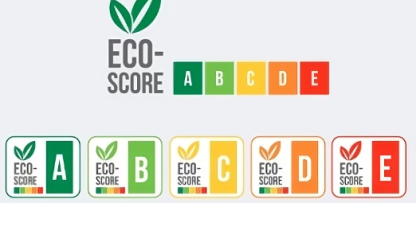European standards play a crucial role in protecting consumers by ensuring transparency and safety of products in the market. From INCO to REACH, these standards cover a wide range of sectors to ensure that marketed products adhere to high standards.
INCO (Consumer information on foodstuffs)
INCO, or the Regulation on consumer information on foodstuffs, is a European standard aimed at ensuring complete transparency in the food sector. Adopted in 2011, this regulation requires food producers to provide clear and understandable information on packaging. This includes details on ingredients, potential allergens, nutritional value, and the geographical origin of products.
The objective of INCO is to empower consumers to make informed choices about their diet by providing accurate and easily accessible information. By ensuring transparency, this standard contributes to reinforcing consumer trust in the food products they purchase.
REACH (registration, evaluation, authorization, and restriction of chemicals)
REACH is a European regulation that came into effect in 2007 to regulate the use of chemicals in the industry. The acronym REACH, standing for Registration, Evaluation, Authorization, and Restriction of Chemicals, reflects the main stages of the process.
This regulation requires companies to register and assess the risks associated with chemicals they produce or import in large quantities. Moreover, it authorizes or restricts the use of certain substances posing risks to human health and the environment. The ultimate goal is to ensure the safe use of chemicals throughout their life cycle, from production to disposal.
Product safety standards
In addition to INCO and REACH, the European Union has established specific standards to ensure product safety. These standards apply to various sectors such as electronics, toys, pharmaceuticals, medical devices, and more. They specify technical and safety requirements that products must meet before being placed on the market.
These safety standards contribute to preventing risks associated with the use of products by consumers. They require thorough testing, certifications, and compliance checks before products are released, ensuring the safety and health of European consumers.
From INCO to REACH and product safety standards, European standards play an essential role in consumer protection. They establish clear guidelines for businesses, enhance transparency in consumer information, and guarantee product safety in the European market. These standards form the foundation of an ethical and responsible market, prioritizing consumer interests and the quality of marketed products.
Market impact
In conclusion, the cumulative impact of these standards is significant. They create an environment where companies are held accountable for the quality and safety of their products. Consumers can make informed choices with confidence, knowing that European standards ensure their well-being. These standards, far beyond being legal requirements, reflect the European Union's commitment to consumer protection and the promotion of an ethical and responsible market. They serve as a model for other regions seeking to enhance safety and transparency in their respective markets.


